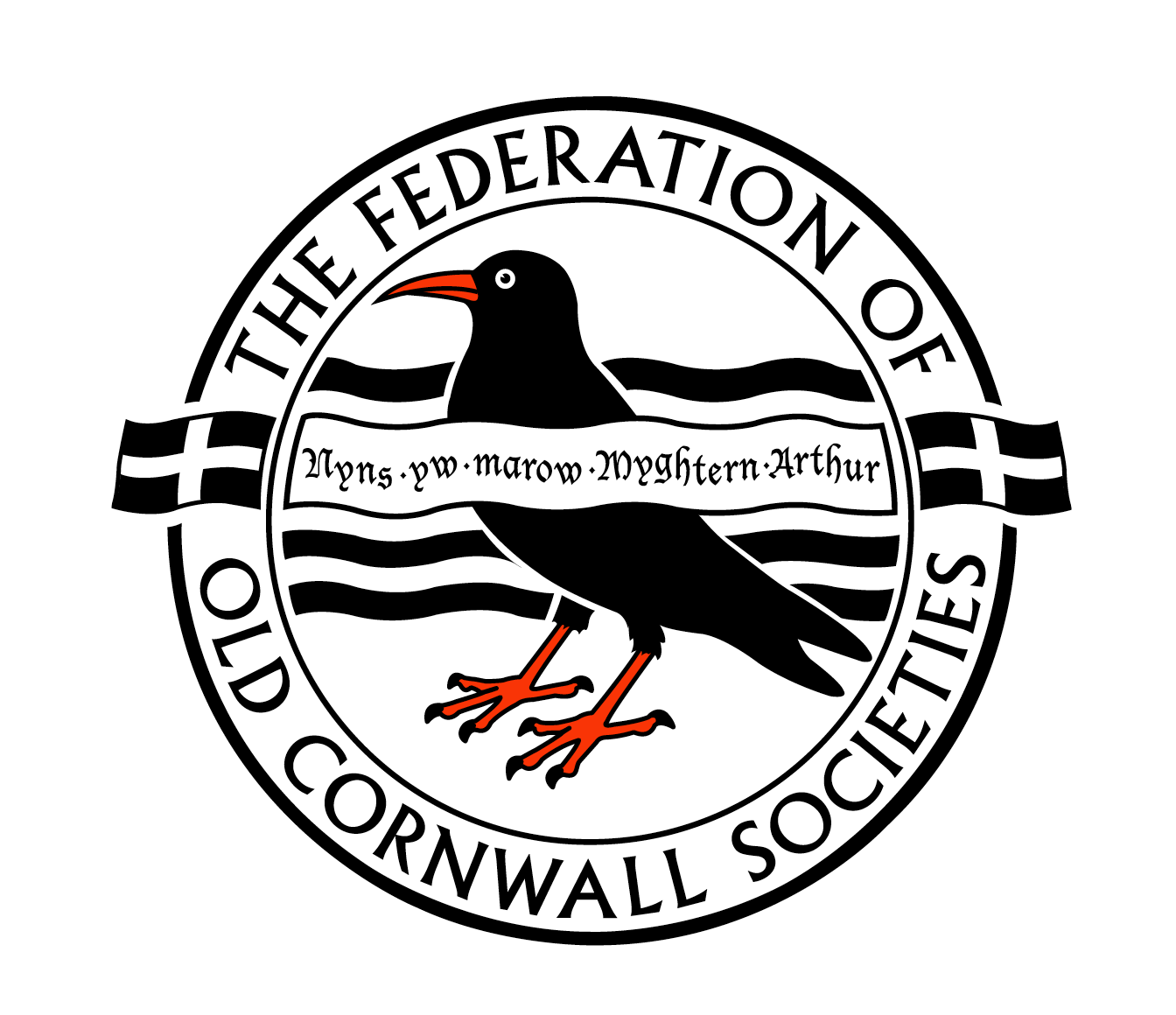Bude-Stratton Old Cornwall Society held its final meeting before the summer at the Parkhouse Centre on Monday 28th April 2025. The Chairman, Alan McIntosh, introduced the speakers, Philippa Gerry Fitzpatrick and Val Russell. They gave a fascinating presentation about one of their ancestors, George Hambly, entitled “The life and times of the Master of Bude hobble boat”.
The talk was inspired by the discovery of a seemingly unprepossessing book by George Hambly in the Castle Museum archive at Bude. In it Hambly recorded his activities and revenues as Master of the hobble boat over a period from April 1836 to his last entry in June 1848. The hobble boat was a rowing boat which was crewed by strong and hardy men through the surf at Bude and provided approaching sailing ships with assistance berthing in the difficult harbour. The crew were paid for pilot duties and for assisting with bringing cargoes ashore.
George Hambly, who was great-great and great-great-great grandfather to our speakers, was born in 1792 and baptised in Morwenstow in the January of the following year. He was brought up in a poor family and from 1799 he spent ten years serving a pauper apprenticeship in John Adams’s household. He had been due to receive training in husbandry (as a farm labourer) until he was 21 years old, but he was released early to pursue a different career. In 1809 he went to sea on a revenue cutter, countering smuggling. After eight years he was transferred to the Preventive Boat Service at Brighton, where he met and married his wife, Jane Phillips, in 1820. By then he was a commissioned boatman. He progressed through the ranks, serving at stations along the south coast and ending up in Ireland as the Chief Boatman for the Malin Head station. In 1833 he left the Service. Some typical operations that he would have been involved in were illustrated during the talk, such as dealing with shipwrecks and assisting ships in distress (both from sea and shore).
By 1835 George and his family were back in Bude Haven, with its new canal and its enthusiastic landlord, Sir Thomas Dyke Acland. Initially he lived in Breakwater Road and shortly thereafter moved to the Crescent, where he would stay for the rest of his life. His extensive maritime experience made him an ideal choice for Master of the hobble boat, employed by the leading merchants of Bude, all of whom owned trading vessels. In this role he appointed his own crew and disciplined or discharged them if they disobeyed orders or were drunk. He kept a rota to maintain a lookout for vessels heading to Bude and he was also responsible for collecting the correct pilotage rates.
The conditions and tasks undertaken aboard the hobble boat were vividly brought to life in a recorded interview, made in the year 2000, in which Ed Pethick recounted his early experience as a member of the crew – which would have been very similar to that of George Hambly. He explained how ships were ‘warped’ into the harbour using ropes and a series of wooden posts. It was clearly a hard and hazardous life.
The talk was peppered with anecdotes recounting vessels which found themselves in trouble in poor weather or adverse currents. Interestingly, the utility of the hobble boat demonstrated the need for a lifeboat at Bude. The records of George as Master of the hobble boat end in 1848 but it is thought he continued as a hobbler for a couple of years afterwards. He was still describing himself as a pilot when his daughter was married in 1850.
It was quite common for the lifeboat crew to be made up of hobblers and the first record of George crewing the lifeboat was after the shocking wreck of the Bencoolen in 1862 at the remarkable age of 70! He was serving as second in command of the lifeboat in 1863 and was still in the crew in 1868. It was remarkable that he still had the physical strength to row the boat well into his seventies! His final years were filled with family tragedy, and he passed away in 1873.
The Society President, RM Heard, gave the vote of thanks and questions were taken. Finally, the raffle was drawn by Dennis Balsdon with help from Alan McIntosh, and Rose McIntosh kindly served refreshments. The next talk will be on Monday 29th September and the topic will be announced nearer the time. In the meantime, the Society will be exhibiting at local VE Day Celebrations in May and on Heritage Day in Bude on 13 July. A trip to Kerdroya and Looe is planned for June.
